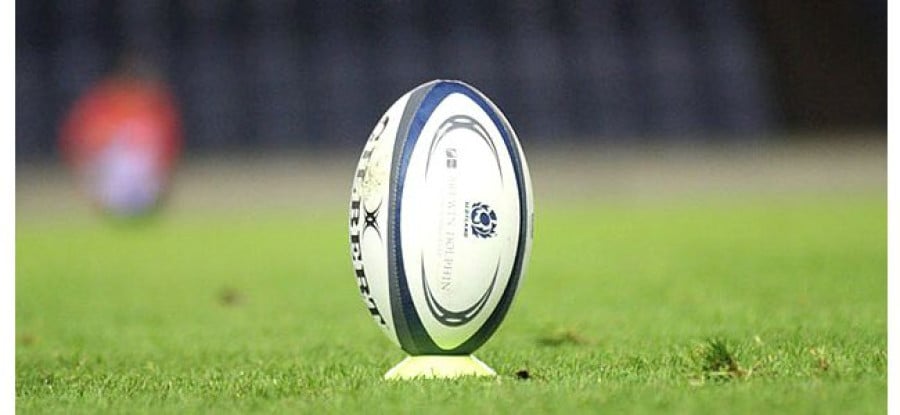A detailed look at the salary cap in Rugby Union 2015/16

The Rugby Union World Cup is upon us. The sport will hope this will focus more attention on the superbly competitive Premiership, which itself will only commence in mid-October for the 2015/2016 season, namely after the World Cup group stages have been completed. It will then run in tandem with European competition week on week without a single break (to compensate for lost time) until the end of the season in May 2016.
In a previous article, “The Salary Cap in Rugby Union”,1 the author explored how the salary cap works in practice in the English Premiership. This article builds on that piece (which it is suggested is read first) and updates readers on changes made for the 2015/2016 season, before taking a deeper look at the operation of the regulations, in particular the role of the Salary Cap Manager, what happens on suspicion of a breach and the sanctions that may be applied.
Background
In the immediate context of the World Cup starting, the prospect of the world’s best players competing in the World Cup has inevitably raised questions about which of those players, especially from the southern hemisphere, will remain either in England or in Europe to ply their trade in club rugby once the international competition has ended.
With players such as Dan Carter of New Zealand, who has agreed a 3 year contract with Racing 92 in Paris and Duane Vermeulen of South Africa having agreed a 3 year contract with now three time European Champions Toulon, inevitably questions are asked whether the salary cap applied in the English Premiership since 1999 is a good thing or whether it prevents the greatest talent from playing in the English Premiership, although given that a salary cap is (contrary to common understanding) also imposed in the Top 14 in France, albeit at a much higher level, I would suggest the question is more properly focussed at the level of the cap.
Any informed discussion about the merits of the cap will inevitably include issues relating to compliance. If the cap is not enforced, what is the point of having it? Indeed the RPA’s Chief Executive Damian Hopley was reported as having said: “We’ve had comments from leading players in the Premiership that breaking the salary cap is akin to being on the field with someone who is taking performance enhancing supplements”.2
It has been disturbing to see press reports this year suggesting that Premiership clubs had voted in favour of suspending investigations into potential breaches,3 albeit the reports have been denied by Premiership Rugby which has stated there will be no amnesty for any club accused of breaching the rules. Further, as recently as this last weekend it has been reported that “the investigation into three leading clubs breaching the salary cap regulations is back on.”4
To continue reading or watching login or register here
Already a member? Sign in
Get access to all of the expert analysis and commentary at LawInSport including articles, webinars, conference videos and podcast transcripts. Find out more here.
- Tags: England | European Commission | FIFA | France | Governance | Premiership Rugby | Premiership Rugby Salary Capping Regualtions | Regulation | Rugby | Rugby Football Union (RFU) | Rugby Union | Salary Cap
Related Articles
- An analysis of financial regs and salary caps in the Premier League, NBA and Premiership Rugby
- The salary cap in Rugby Union
- World Rugby takes important steps to maintain RWC’s integrity
- Rugby World Cup 2015: Does selecting only two hookers cause unjustified risk?
Written by
Christopher Stoner QC
Chris specialises in both property litigation and the regulatory/disciplinary aspects of sports law.

 Global Summit 2024
Global Summit 2024